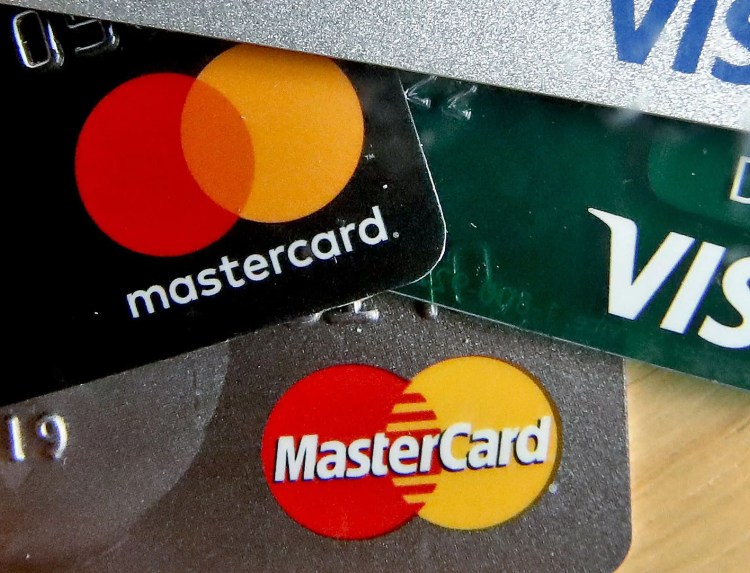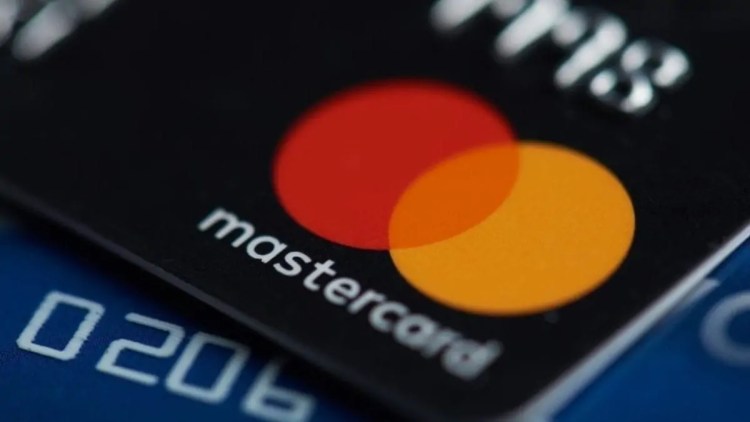Mastercard has launched its central bank digital currency (CBDC) program to support central banks in exploring and developing digital currencies. This move comes in response to growing global interest in CBDCs. This article also made it an opportune time to launch the program. Raj Dhamodharan, Head of Digital Assets and Blockchain at Mastercard, expresses the company’s commitment to increasing interoperability between various payment methods. On the other hand, he emphasized its importance in promoting a developing economy. The CBDC program, which started in August, attracts attention. It aims to facilitate collaboration with key partners such as Ripple, Consensys, Fluency, and Fireblocks.
Mastercard and collaboration that will guide CBDC innovation
Mastercard’s CBDC program is driven by the belief that CBDCs should be as user-friendly as traditional forms of money. The company provides solutions that enable central banks to make innovative and valuable additions to the global economy. Thus, it aims to unlock the full potential of CBDCs. Notably, the Bank for International Settlements (BIS) survey says that around 93% of banks are exploring CBDC possibilities. On the other hand, it reveals that 60% of them agree that stablecoins are accelerating their CBDC-related efforts.

With its approach to CBDCs, Mastercard focuses on supporting the unique requirements of central banks rather than advocating open or closed CBDC models. The company’s primary focus is providing choice in payment methods. Also to promote technological progress. On the other hand, to ensure stability, regulatory compliance and consumer protection as the world transitions to digital payments.
Collaboration for a digital future
Mastercard has an extensive network of relationships with central banks around the world. Accordingly, it positions the company to facilitate collaboration between these institutions and key players in the CBDC space. Mastercard connects central banks with widely accepted payment mechanisms. Thus, it aims to contribute to a safe, smooth and valuable transition to digital currencies. Notably, BIS had previously published guidelines for the development of “secure and resilient” CBDC programs to protect their frameworks.

Mastercard works with leading central banks including the Bank of England, BIS Innovation Centre, Reserve Bank of Australia and the Hong Kong Monetary Authority. This involvement underscores Mastercard’s commitment to advancing CBDCs on a global scale and developing meaningful partnerships with central banks.

Visa’s exploration of CBDCs
Mastercard is not alone in exploring CBDCs. Another major payment company, Visa, is also taking steps. Accordingly, it is actively exploring ways to integrate CBDCs into its operations. Visa has a commitment to “put everything on-chain.” Accordingly, it involves learning through practical application and sharing valuable insights with central banks. This collaborative approach of both Mastercard and Visa attracts attention. When we look at it as Kriptokoin.com, it reflects the increasing importance of CBDCs in the future of global finance.







